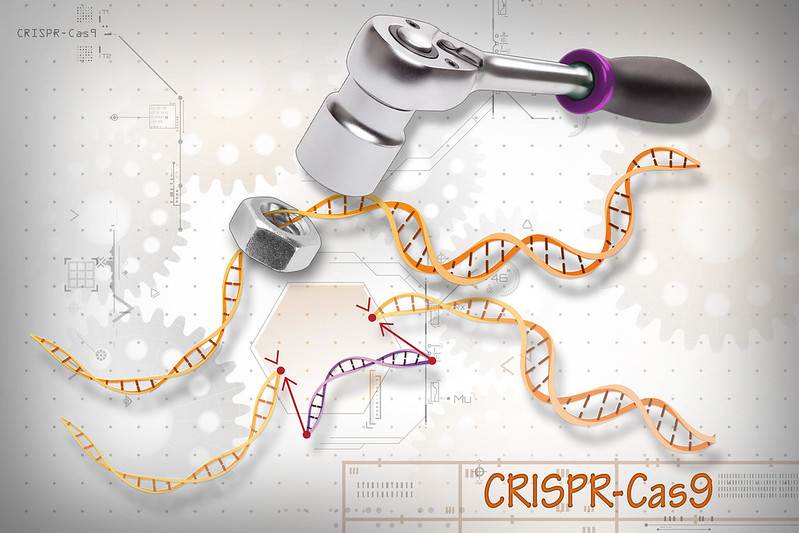CRISPR Gene Drives and the Future of Evolution
By Hannah Thomasy,
The Scientist
| 03. 15. 2024
Today, Massachusetts Institute of Technology biologist Kevin Esvelt is well known for his work on guided evolution technologies—creating systems for evolving biomolecules in the lab and developing techniques to shape the evolutionary trajectories of species in the wild—as well as forging new pathways to safeguard these technologies from misuse.1,2
Esvelt’s entanglement with evolution began early. As a child, he visited the Galápagos, and was captivated by the islands’ stunning array of unique wildlife. “That sparked an interest in the evolution of creatures in the natural world,” said Esvelt. “It got me reading Darwin. And I started wondering—could we make things of comparable magnificence?”
So, when he joined David Liu’s research group at Harvard University for his graduate studies in 2004, he jumped into exploring how to put evolutionary processes to work in the lab. “I love solving problems that I am not actually smart enough to solve. And to do that, you need access to something that is effectively smarter than you, or at least can execute search strategies that you can’t,” said Esvelt. “One of the...
Related Articles
By Diaa Hadid and Shweta Desai, NPR | 01.29.2026
MUMBRA, India — The afternoon sun shines on the woman in a commuter-town café, highlighting her almond-shaped eyes and pale skin, a look often sought after by couples who need an egg to have a baby.
"I have good eggs,"...
By George Janes, BioNews | 01.12.2026
A heart attack patient has become the first person to be treated in a clinical trial of an experimental gene therapy, which aims to strengthen blood vessels after coronary bypass surgery.
Coronary artery bypass surgery is performed to treat...
By Staff, ScienceDaily | 01.05.2026
Scientists at UNSW Sydney have developed a new form of CRISPR technology that could make gene therapy safer while also resolving a decades-long debate about how genes are switched off. The research shows that small chemical markers attached to DNA
...
Following a long-standing CGS tradition, we present a selection of our favorite Biopolitical Times posts of the past year.
In 2025, we published up to four posts every month, written by 12 authors (staff, consultants and allies), some in collaboration and one simply credited to CGS.
These titles are presented in chronological order, except for three In Memoriam notices, which follow. Many more posts that are worth your time can be found in the archive. Scroll down and “VIEW...




